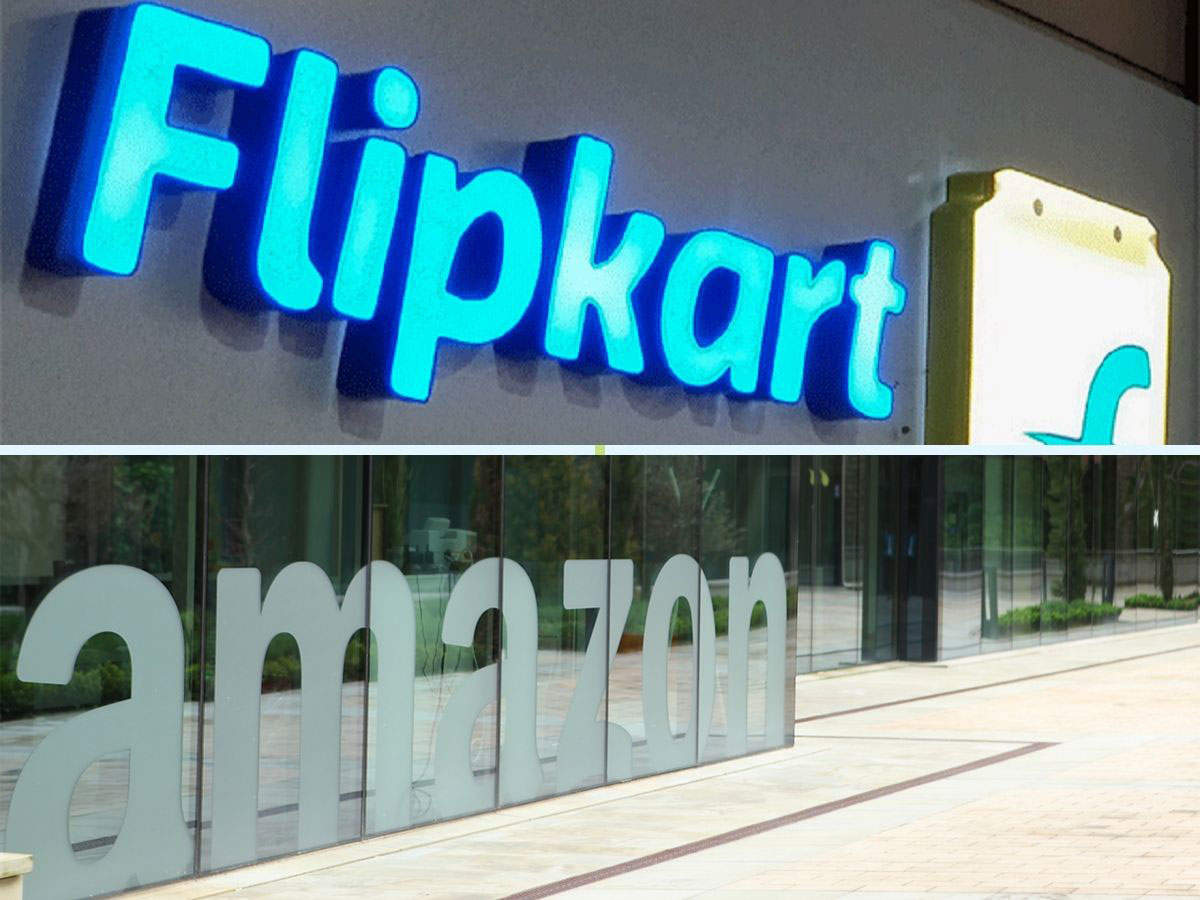 BENGALURU: Aditya Dubey, 16-year old and a class 11 student of Modern School- Delhi, has filed a petition with the National Green Tribunal against e-commerce giants-- Amazon and Flipkart for excessive use of plastic by these companies to deliver products.
BENGALURU: Aditya Dubey, 16-year old and a class 11 student of Modern School- Delhi, has filed a petition with the National Green Tribunal against e-commerce giants-- Amazon and Flipkart for excessive use of plastic by these companies to deliver products.TOI has seen a copy of the petition which says Amazon and Walmart-owned Flipkart are using excessive number of cardboard boxes, multiple layers of plastic sheets and plastic bubble wraps while delivering goods to consumers.
Dubey, a young environment activist, said the petition was filed last week at the NGT asking the tribunal to issues directions to these companies to stop the usage of excessive use of plastic. He told TOI the companies are not taking the responsibility of the issue even though they are operating on a large scale across the country.
“Whenever they (Amazon or Flipkart) send a product, even if the item is unbreakable, they put it in cardboard box double the size needed (for the product). Then typically there are three more layers of cover and even the invoice also comes in separate plastic. That’s really excessive,” Dubey said over a phone call.
This comes at a time when PM Narendra Modi has been urging everyone to do away with usage of single-use plastic. India has set up a deadline of 2022 to remove single-use plastic from the country. Last week, Modi was also seen picking up plastic litter, water bottles from Mamallapuram beach.
“That though this business model has been very useful for the consumers as they do not have to travel to markets for purchasing the required items and can make the purchase from the comfort of their homes, it has given rise to a very serious environmental challenge due to excessive use of single-use plastic packaging material. Challenge created not due to any necessity, but due to the environmentally irresponsible practices adopted by these companies,” the petition by Dubey noted. To explain his case further, he added that e-tailers cover a novel with three layers of bubble wrap.
The matter is expected to be listed for a hearing later this week, which could set the ball rolling on the matter. While there is no official data yet as to how much plastic waste is being created by e-commerce companies, their growing popularity is a clear indicator of the potential scale in the future. Food delivery companies also use single-plastic for their deliveries.
Dubey has been leading environment-based campaigns for the last three years, especially through his ‘Plant A Million Tree’ initiative. He said he had tweeted to both Amazon and Flipkart on this issue. “But who listens to a 16-year old’s tweets?” he added.
When contacted, spokesperson of Amazon India said the company was committed to a sustainable supply chain while a Flipkart spokesperson said environmental sustainability is deeply embedded in the company’s DNA.
“We announced and outlined our vision of eliminating single-use plastic in our packaging by March 2021. We believe these initiatives make us more efficient and also significantly help us preserve our environment. We’re happy to add that as of 1st August 2019, we have already achieved a 25% reduction in usage of single-use plastics through various initiatives across our packaging value chain,” Flipkart added in its statement.
“Today, less than 7% of our packaging material consists of single use plastic and we are working towards eliminating usage of them completely in our buildings in India by June 2020. Towards this, we have introduced ‘paper cushions’, which will replace plastic dunnage across our fulfilment centres in India by December 2019,” the Amazon spokesperson added.
No comments:
Post a Comment